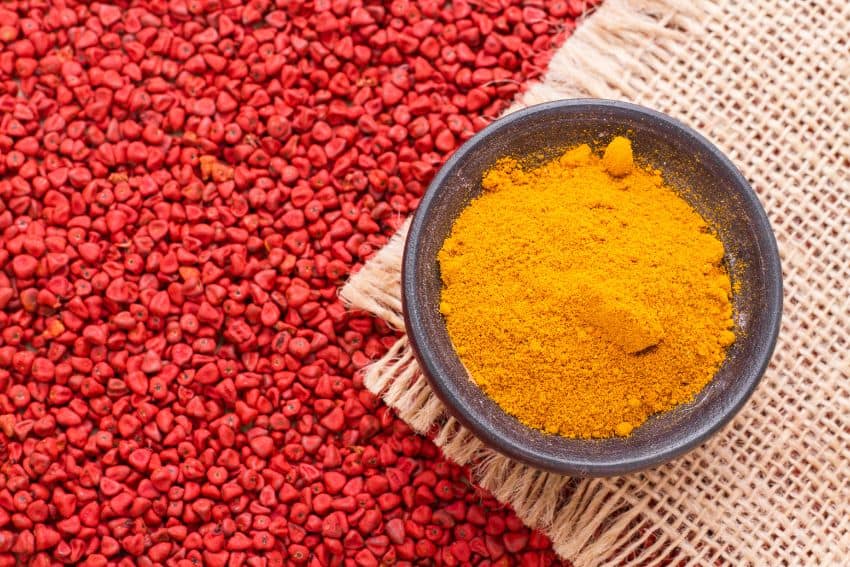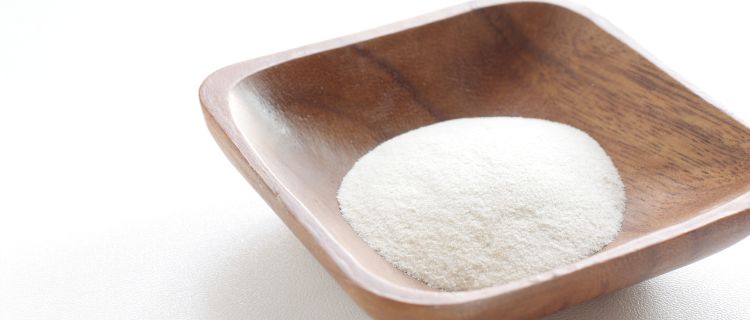Have you ever wondered if Agave is a good alternative to sugar? Agave syrup has become a popular choice as a natural sweetener in recent years. Made from the sap of the agave plant, it is touted as a low-glycemic alternative to sugar, making it a popular choice for those with diabetes or those looking to reduce their sugar intake.
However, the question remains: is agave syrup actually a good substitute for sugar? While some sources claim that agave syrup is a healthier alternative to sugar due to its low glycemic index and trace amounts of nutrients, others argue that it is not as healthy as it seems. In this article, we will explore agave syrup’s nutritional benefits and drawbacks and help you decide if it’s the right choice for you.
Outline
What is Agave?
Agave is a type of succulent plant that is native to Mexico. It has been used as a natural sweetener in Mexican cuisine for centuries. Today, agave syrup is a popular alternative to sugar in many parts of the world.
Agave syrup is made by extracting sap from the core of the agave plant, which is then heated and filtered to create a thick, sweet syrup. It is a natural source of fructose, a type of sugar that is metabolized differently than glucose, the type of sugar found in table sugar.
Here are some key facts about agave:
- Agave syrup is sweeter than table sugar, so you can use less of it to achieve the same level of sweetness.
- Agave syrup has a lower glycemic index than table sugar, which means it causes a slower and more gradual rise in blood sugar levels.
- Agave syrup is a natural sweetener, which means it is free from artificial additives and preservatives.
- Agave syrup contains trace amounts of nutrients such as calcium, potassium, and magnesium.
While agave syrup may seem like a healthier alternative to table sugar, it’s important to use it in moderation. Like all sweeteners, agave syrup is high in calories and can contribute to weight gain if consumed in excess.
Substituting Agave for Other Sweeteners
If you’re interested in trying agave syrup in your recipes, here are some general guidelines for substituting it for other sweeteners:
- Honey: Replace with equal amounts of agave syrup.
- Maple Syrup: Replace with equal amounts of agave syrup.
- Brown Rice Syrup: Use half as much agave syrup and add up to 1/2 cup liquid.
- Corn Syrup: Use half as much agave syrup and add up to 1/3 cup liquid.
- White Sugar: For every 1 cup of sugar, use 2/3 cup agave syrup and reduce the liquid in the recipe by 1/4 to 1/3 cup.
Nutritional Value of Agave
While agave is primarily known for its sweetness, it also contains some nutrients, such as Vitamin B6. It is often marketed as a healthier alternative to sugar due to its lower glycemic index and higher fructose content. However, it is important to understand the nutritional value of agave before incorporating it into your diet.
Here are some key nutritional facts about agave:
- Calories: Agave contains about 60 calories per tablespoon. This is slightly less than the calories in table sugar, which has about 70 calories per tablespoon.
- Carbohydrates: Agave is primarily made up of carbohydrates, with about 16 grams of carbohydrates per tablespoon. However, it is important to note that these are mostly simple sugars, which can cause a rapid spike in blood sugar levels.
- Fructose: Agave contains a high amount of fructose, a type of sugar that is metabolized differently than glucose. While fructose may have some health benefits in small amounts, consuming too much can lead to negative health effects such as insulin resistance, weight gain, and fatty liver disease.
- Vitamins and minerals: Agave contains small amounts of vitamins such as Vitamin B6 and minerals like calcium, potassium, and magnesium. However, these amounts are not significant enough to provide any major health benefits.
Overall, while agave does offer some nutritional benefits over table sugar, it should still be consumed in moderation due to its high fructose content. It is important to remember that all sweeteners, including agave, should be used sparingly as part of a balanced diet.
Potential Drawbacks
Before you jump on the agave bandwagon, there are some potential drawbacks to consider. For one, there is limited research specific to agave syrup. Additionally, agave’s high fructose content might not make it the best choice for dieters. While agave has a lower glycemic index than sugar, its high fructose content can still pose problems for those looking to lose weight or maintain a healthy diet. Fructose is metabolized differently from glucose and, when consumed in large amounts, can contribute to weight gain and other health issues.
Agave vs. Sugar: Which is Healthier?
Impact on Blood Sugar Levels
Sugar has a high glycemic index, which means it causes a rapid spike in blood sugar levels. This can lead to a crash in energy levels and an increased risk of diabetes and other health problems. Agave syrup, on the other hand, has a lower glycemic index and is absorbed more slowly by the body, which can help prevent blood sugar spikes.
Caloric Content
Both sugar and agave syrup contain calories, but agave syrup is slightly lower in calories than sugar. One tablespoon of sugar contains about 48 calories, while one tablespoon of agave syrup contains about 60 calories. However, it’s important to note that both should be consumed in moderation as part of a balanced diet.
Glycemic Index
The glycemic index (GI) measures how quickly food raises blood sugar levels. Agave syrup has a lower GI than sugar, which means it causes a slower and more gradual increase in blood sugar levels. This can help prevent energy crashes and other health problems associated with high blood sugar levels.
Conclusion
Agave is a popular sugar substitute that has been touted as a healthier alternative to sugar. However, after researching the topic, it is clear that agave is not a good substitute for sugar for several reasons.
- Agave nectar is even worse than sugar regarding its effects on blood sugar levels. It has a high percentage of fructose, which can lead to insulin resistance and other health problems.
- While agave syrup is sweeter than sugar, it is not a low-calorie alternative. It has a similar calorie count to sugar and can contribute to weight gain if consumed excessively.
- Agave is not a vegetarian or vegan alternative to sugar. While it is derived from a plant, making agave syrup involves using animal products, such as enzymes and charcoal filters.
- Although agave syrup is marketed as a natural sweetener, it is highly processed and often contains additives and preservatives.
- Finally, no scientific evidence supports the claim that agave is a healthier alternative to sugar. In fact, some studies suggest that it may be worse for your health than sugar.
Overall, it is best to limit your intake of all sweeteners, including agave, and focus on consuming whole, unprocessed foods as much as possible. If you do need to sweeten your food, there are many other natural alternatives to sugar, such as honey, maple syrup, and stevia, that may be a better choice.


